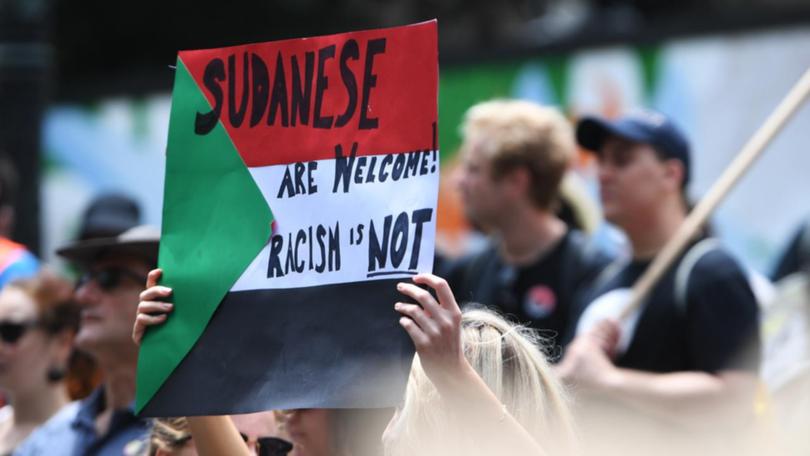Racism: Refugees say they wish they didn't come to Australia over unexpected abuse
Australian leaders are being urged to commit to a landmark plan to tackle one reason many refugees say is the reason they wish they never came to Australia.

Some refugees are experiencing so much unexpected racism in Australia they wish they never came.
“From education, employment, social settings including sports, service access, racism has such a significant impact on refugees’ lives,” Refugee Council Deputy CEO Adama Kamara told AAP.
“Some say to me they’ve made such long journeys to get here, if they knew what it would have been like they may not have come.”
Sign up to The Nightly's newsletters.
Get the first look at the digital newspaper, curated daily stories and breaking headlines delivered to your inbox.
By continuing you agree to our Terms and Privacy Policy.An anti-racism report from the Australian Human Rights Commission, billed as the most comprehensive plan in the nation’s history, was delivered to the federal government on Tuesday.
It calls for a number of major legal and policy changes such as the introduction of a national framework with 10-year commitments that include acknowledgement of the “systemic and structural nature of racism” and “historical and ongoing impacts of settler colonisation on First Nations peoples”.
Among the 63 recommendations, the framework calls for political accountability, something Ms Kamara said is vital for the livelihood of refugees.
“We’ve seen time and time again how refugees are used for political football,” she said.
“It’s to the detriment of human rights commitments but also to refugees’ lives, all these actions are counterproductive to a belonging society.”
The council has heard countless stories of people from the African diaspora experiencing racism in the streets, which Ms Kamara said is linked to the way police, the media and politicians have been talking about Sudanese communities and the alleged link to increased crime.
“Those comments have caused a lot of damage in how communities see themselves.”
She said the government now faces the task of tackling the issue head-on, and not shying away from the “hard conversations”.
“I would like this to not be a matter for the election because then it’s about winning votes and not people’s lives,” she said.
The commission also calls for the introduction of a national human rights act and for a positive duty clause to be added to the Racial Discrimination Act, forcing businesses and employers to implement anti-discrimination policies.
The framework would also include an agreed national definition of racism for Indigenous people.
One of the report’s overarching recommendations is for the federal government to lead a national response to racism, beginning with truth-telling and self-determination for Indigenous people.
This would include anti-racism lessons in schools and enshrining the United Nations Declaration on the Rights of Indigenous Peoples into Australian law.
A spokesman for Attorney-General Mark Dreyfus commended the commissioner and said the government would work through the recommendations.
“No Australian should be targeted because of who they are or what they believe,” he said.
“Australians should be able to live their lives without fear of being attacked or treated differently because of their race.”
